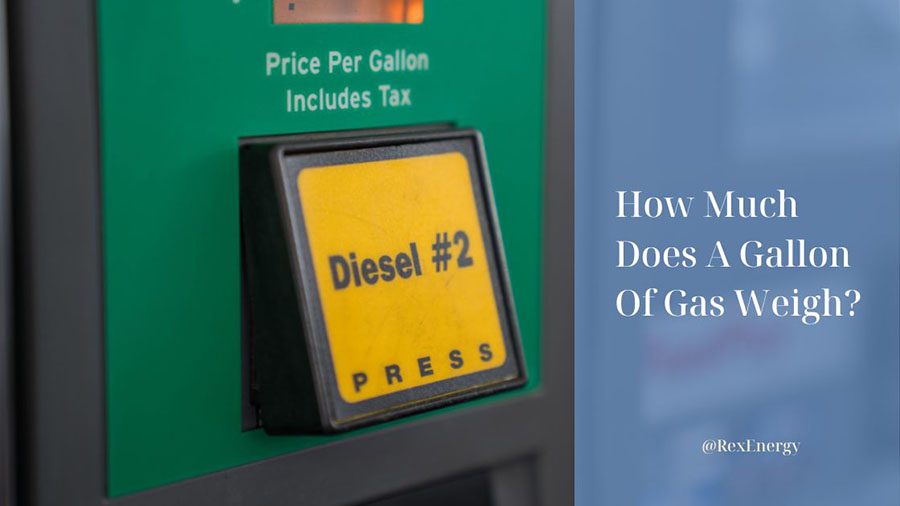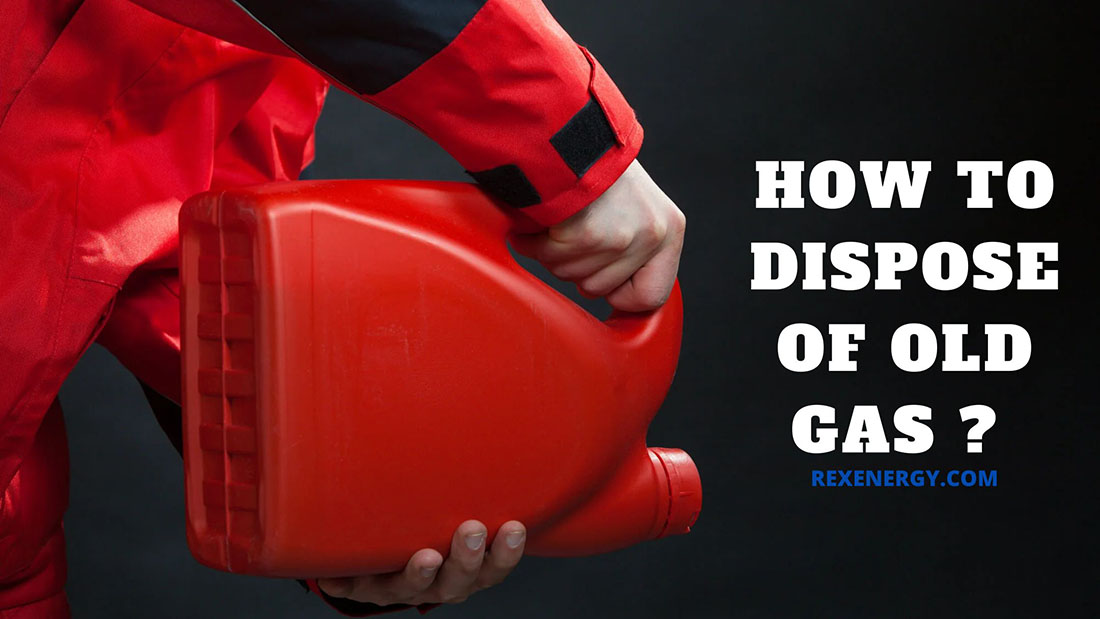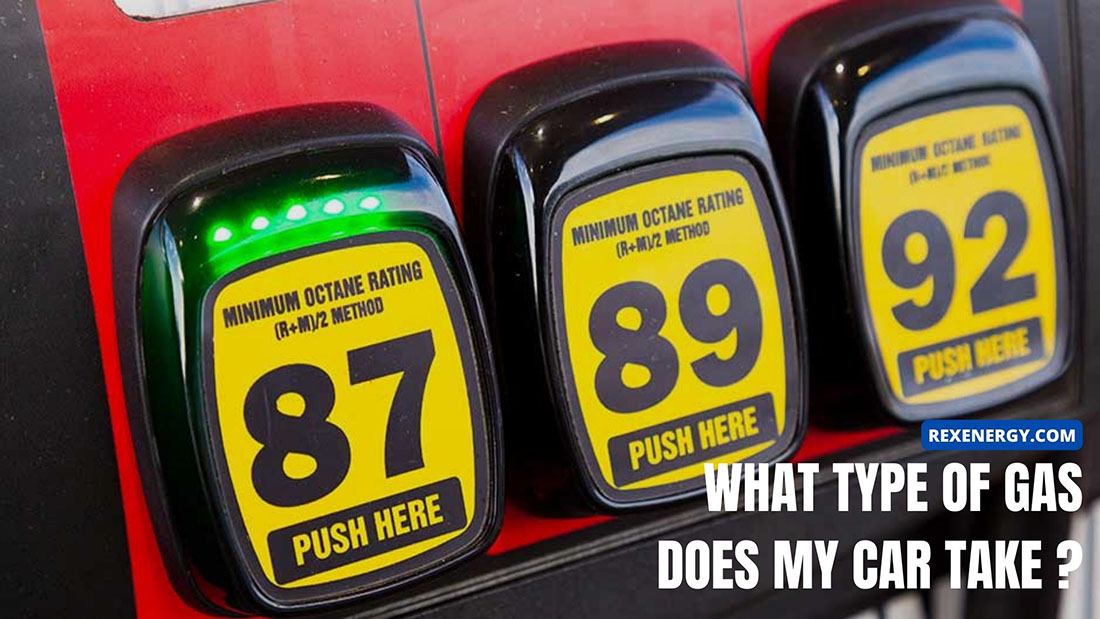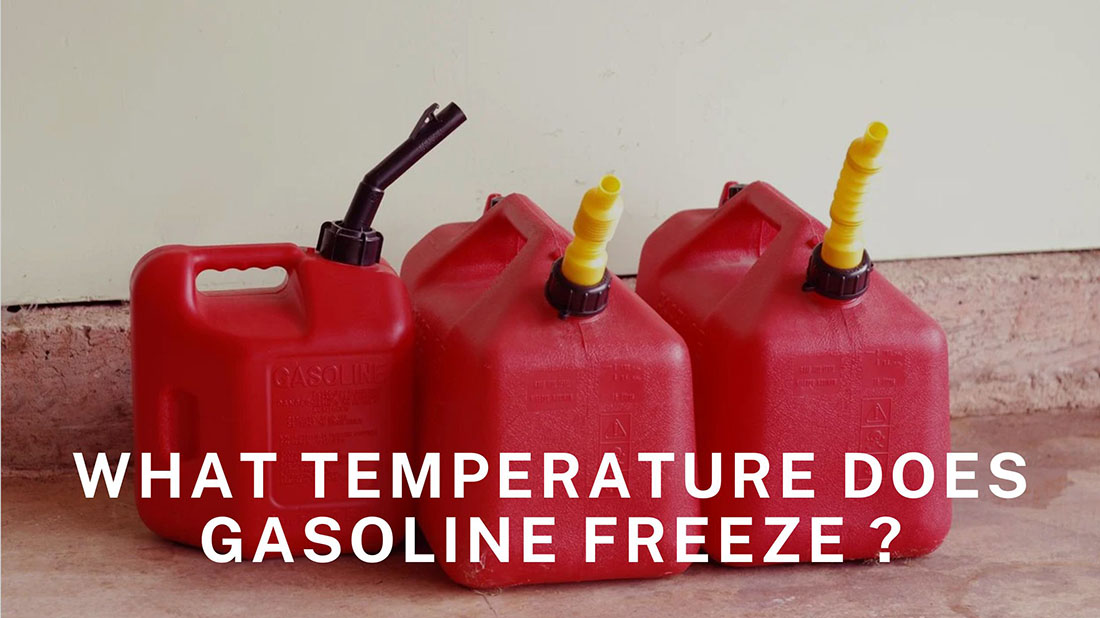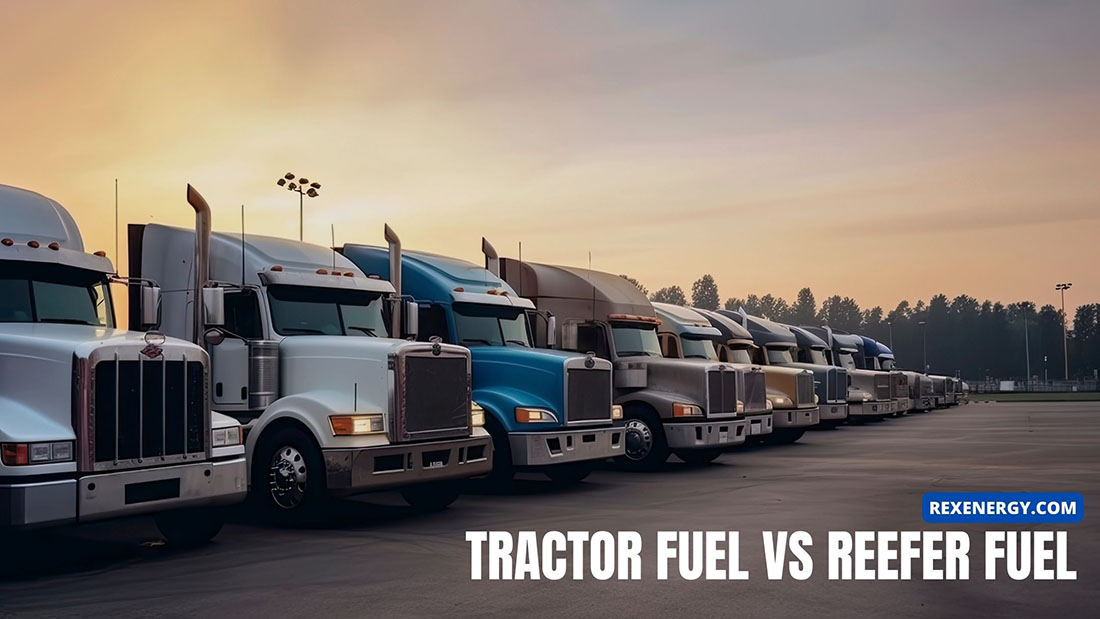The cost of gas is rising once more, so many are seeking methods to save money. Finding out the gas weight measurement will help you buy the appropriate amount of petrol, among other things. For gasoline weight per gallon. This post will bring you the answer you are looking for.
One thing to note is that you need to be aware of your car’s fuel tank capacity in order to determine how much gas is in it. A 16-gallon tank may fit a typical automobile.
How Much Does A Gallon Of Gasoline Weigh?
1 gallon of gas weighs around 6 pounds, less than a water gallon. This is because gas comprises many different compounds, some of which include particular amounts of oxygen and other gaseous elements.
Do not forget that the weight of gas varies slightly across various fuel brands and types. Still, it will not vary significantly and, generally speaking, should only indicate a change of a few ounces.
This is due to the fact that most gasoline’s constituent parts still weigh the same amount or something close to it, regardless of the kind.
Weight Of Different Gas Types
As mentioned above, the type of gasoline will determine its weight. Here are the three common types of gas that you can easily find in several gas stations across the US.
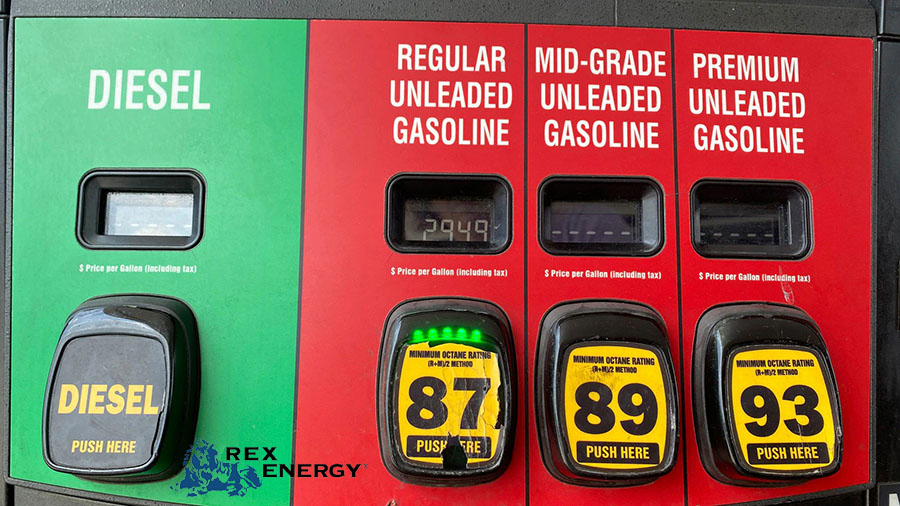
Regular Gas
The standard weight of this type of gas is 6 pounds.
As the name suggests, this is the most typical fuel type utilized in most automobiles. In actuality, the majority of automakers advise their customers to use ordinary gas.
In comparison to other gas types, the regular one is more affordable and provides the best standard for most automobiles.
Mid-Grade Gas
In terms of weight, the gas has a medium weight range of 6.2 pounds.
Specialty gas is another name for mid-grade gas. It works well with particular makes and models of cars that are made to run on higher-octane gas. For example, some SUV models are made to run on mid-grade gas with a higher octane rating.
The fact that higher octane fuel results in better engine performance should not be overlooked.
Premium Gas
Premium gas tends to be slightly heavier than the regular one, about 6.3 pounds per gallon.
This is the highest octane-rating gas that is frequently utilized in cars. Some high-performance automobiles, however, are built to function with premium fuel with an extremely high octane rating.
Factors Affect The Gas Weight
The weight of your preferred gas type depends on several factors.
Density
The density of a gas gallon affects how much it weighs. The gas’s temperature can also have an impact on its weight and thickness. For instance, full gallons of propane are heavier compared to gallons of air because propane is a denser gas.
Container Pressure
The amount of pressure inside the container has a say in how much a gallon of gas weight is. A gas gallon under normal atmospheric pressure will be lighter than one under high pressure.
In addition, the amount of air pressure you experience will vary depending on your height above sea level. This indicates that the air pressure decreases as altitude increases.
Fuel Performance
The additions made to gasoline to enhance performance can also change how much a gallon weighs. Leaded gasoline, for instance, includes lead and is, therefore, heavier than unleaded fuel.
Environment Temperature
As the temperature changes, fuel weight does, too. Gasoline loses density in hotter weather due to its greater tendency to expand in higher temperatures.
In terms of gasoline weight per gallon, hot gas is lighter than cold gas. The difference is only approximately 0.06 pounds per gallon at 60°F, but it can still affect your gas mileage.
Importance Of Gas Weight
One of the simplest ways to determine fuel burn is to figure out how much petrol is in a gallon. The term “fuel burn” refers to the amount of fuel your vehicle utilizes per nautical mile. This will affect how many spare gallons you require for a trip.
The gasoline weight influences the fuel storage capacity in gas tanks. You can store more of a heavier gas since it will occupy less room compared to a lighter type.
Moreover, the gas weight is linked to the performance of the vehicle. The gas’s power output increases with its weight. Nevertheless, you must avoid overloading the engine because the gas can burn hotter and more quickly because of the weight. It could strain the engine in your car, resulting in less efficient fuel use and more wear and tear.
The weight measurement is important because you need it to calculate the car’s fuel efficiency. Since more energy needs to be transformed into motion when using heavier gas, the fuel efficiency will typically suffer.
Frequently Asked Questions
How Much Does A 5 Gallon Can Of Gas Weigh?
As mentioned before, a 5-gallon can would be 30 pounds. Given that the typical car can contain up to 15-20 gallons of fuel in a full tank, this significantly increases the weight of your automobile.
How Much Does Diesel Weigh Per Gallon?
Diesel is a bit heavier than gas. A full gallon of diesel fuel weighs around 7 pounds. Due to their varying densities and molecular compositions, gasoline and diesel have distinct weights.
Compared to gasoline, diesel fuel has larger and denser molecules. It also has greater flashpoints and auto-ignition temperatures than gas.
What Does 20 Gallons Of Water Weigh?
Water weighs around 8.34 pounds per gallon, making 20 full gallons of water will weigh 166.8 pounds.
Still, keep in mind that, in reality, the weight measurement will vary depending on factors including pressure, surface gravity, ambient temperature, and height, as gallons are a unit of volume instead of weight.
How Much Does A Gallon Of 93 Octane Gas Weigh?
The weight of 93-octane fuel per gallon is approximately 6 to 6.1 pounds, similar to 91-octane gasoline. Compared to standard gas, 93 octane fuel comes at a higher price.
The Bottom Line
The gas weight per gallon is different based on the US standard gallon and the UK Imperial gallon. Also, pressure and temperature are other variables that may affect the weight.
Suppose you want to maximize your fuel pump and refueling; visit your nearest gas station at the day’s coldest time when the fuel is the densest.
See also: how much does a gallon of diesel weigh?

